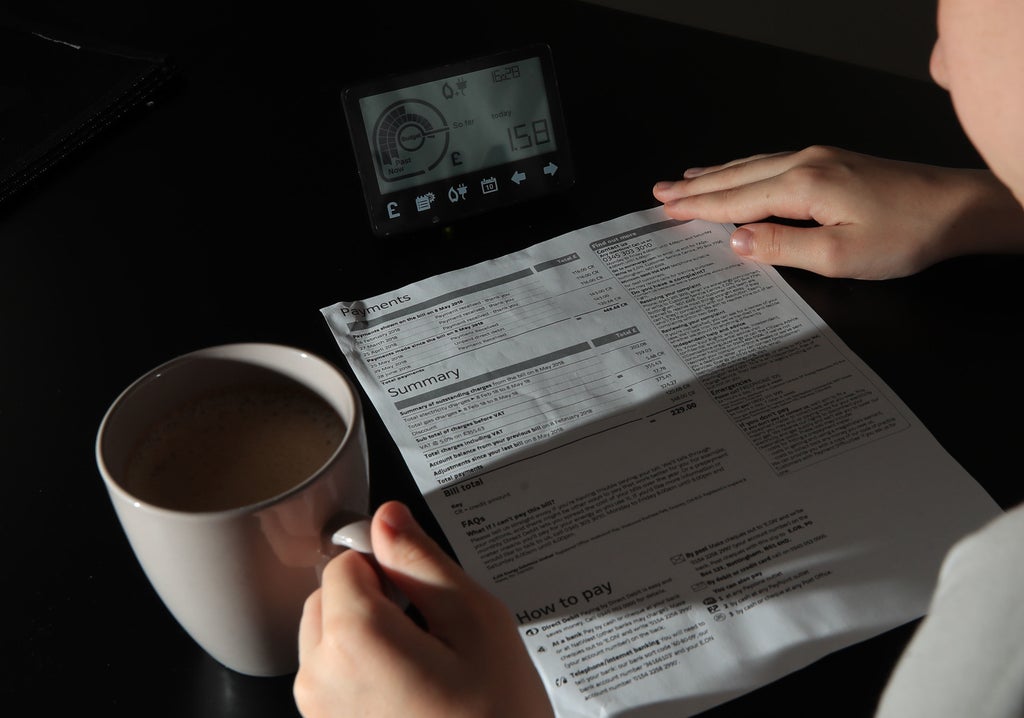
Poorer households could be forced to limit their energy use at certain times of the day under plans for surge pricing, it has been claimed.
Three major energy companies – Scottish Power, EDF and Octopus Energy, which have 11 million customers between them – this week backed plans to introduce dynamic pricing arrangements where smart meters automatically send regular updates to suppliers about household energy use.
At peak energy use times, such as early evening, costs would be higher for consumers, while prices would fall for those using energy overnight. Experts have suggested the proposed changes to pricing would see struggling households forced to limit their energy use during peak periods.
But energy regulator Ofgem insisted the shift to “time of use” tariffs, known in the industry as the market-wide half hourly settlement (MHHS) since smart meters will be programmed to provide updates on energy use every 30 minutes, will “enable a more efficient, flexible and greener energy system”.
The regulator claimed it will save consumers an estimated £1.6bn to £4.5bn by 2045. Backing the changes this week, Greg Jackson, Octopus Energy’s chief executive, said it would be “extremely good for consumers”.
However, founder of TheEnergyShop.com, Joe Malinowski, said surge pricing could make energy “unaffordable” for people at peak times. He told the Daily Mail: “Some households will inevitably have power outages during peak times when energy potentially becomes unaffordable. We already see extraordinary swings in the price of energy and this is likely to get worse.”

Ofgem has been exploring the potential for surge pricing since 2017. Last April, the regulator made the decision to go ahead with the proposal but said it was up to the industry to implement it and gave energy providers until October 2025 to do so.
It is hoped that surge pricing will place incentives on suppliers to offer new tariffs that encourage more flexible use of energy and help consumers to lower their bills. Ofgem said this could include charging an electric vehicle overnight to make use of lower prices, for example.
A spokesperson told The Independent: “This major system upgrade is a significant milestone on Britain’s path to net zero.
“It will enable a more efficient, flexible and greener energy system which will save billions of pounds per year on all consumers’ energy bills.
“Ofgem will work closely with industry to make sure it delivers this major upgrade while ensuring those in vulnerable circumstances remain protected.”
Last week the regulator announced that the energy price cap would increase from 1 April for around 22 million customers, hiking bills by hundreds of pounds a year.







